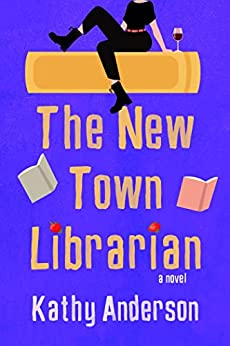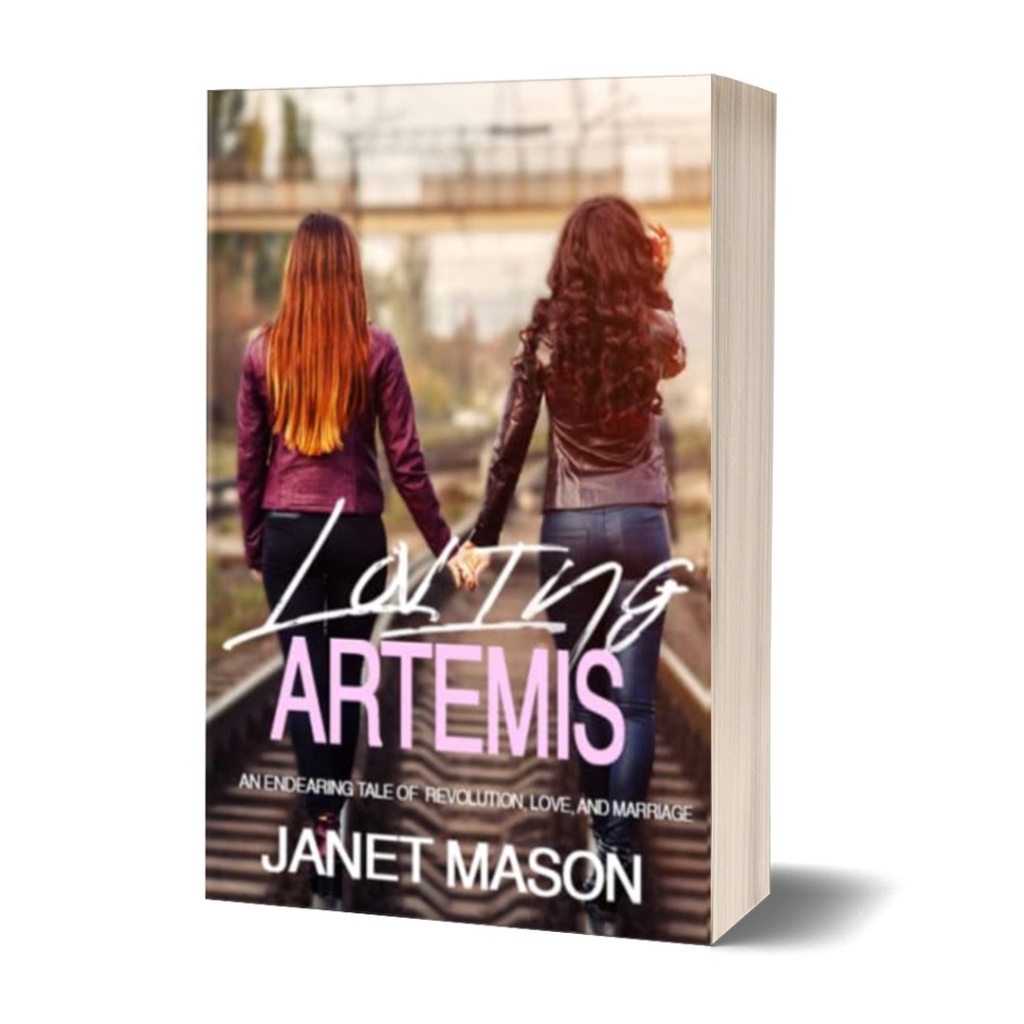I am posting a review of Wilde Nights & Robber Barons, The Story of Maurice Schwabe (The Man Behind Oscar Wilde’s Downfall, who with a Band of False Aristocrats Swindled the World) written by Laura Lee (2022; Elsewhere Press).
The review that I recorded for Book Tube is below and the written review is below that.
Oscar Wilde was not the first one. Of course, I knew that rationally. But this was also the first thought that popped into my head after finishing the book Wilde Nights & Robber Barons, The Story of Maurice Schwabe (The Man Behind Oscar Wilde’s Downfall, who with a Band of False Aristocrats Swindled the World) by Laura Lee (2022; Elsewhere Press).
No stranger to the world of Oscar Wilde, Lee is the author of the 2017 nonfiction book titled Oscar’s Ghost, The Battle for Oscar Wilde’s Legacy from Amberly Publishing in England.
Her new book interested me because it tells the story behind the story of how Oscar Wilde became the gay icon that he is – including the impetus and name of the infamous and historically important Oscar Wilde Bookshop in New York City which closed its doors in 2009.
Wilde was born in 1854 in Dublin, Ireland; went to college in England; married a woman as custom dictated; became a well-known writer; discovered he was gay, fell hopelessly in love with a younger man named Lord Alfred Douglas; and went to jail for that love in 1895. He was then released from jail in 1897 and in 1900 died penniless.
Wilde is the author of numerous and often satirical writings including his novel, The Picture of Dorian Gray, and his plays including his most popular, The Importance of Being Earnest.
In Wilde Nights & Robber Barons, Lee used her research and writing to bring to light the story behind Oscar Wilde. He came to be known because of his writings, and he came to ruin because he was being blackmailed for his homosexuality along with other gay men in a certain class in what was commonly called “polite society.”
Maurice Schwabe, key to the international circle of card sharks and blackmailers, just happened to have been lovers with Lord Alfred Douglas, the man who was known for his long-term love affair with Oscar Wilde. Douglas, also known as Bosie, was with Schwabe before he was with Oscar Wilde, making me think that jealousy and revenge were likely motives in the blackmailing along with financial gain.
In doing her research and presenting the facts, Lee gives the reader some interesting insight into Wilde’s important role in the early gay rights movement: “Oscar was starting to be known as someone a young man in a certain kind of trouble could call on for help. In September 1893, Bosie had written to Charles Kains-Jackson, the editor of The Artist and the Journal of Home Culture, which was a showcase for homoerotic verse. He talked about Oscar’s role in advancing the “new culture,” a society that was accepting of same-sex love, an early form of the gay rights movement. ‘Perhaps nobody knows as I do what [Oscar] has done for the ‘new culture,’ the people he has pulled out of the fire and ‘seen through’ things not only with money, but by sticking to them when other people wouldn’t speak to them…’ In the years leading up to his trial for gross indecency, Wilde spent a fair amount of time negotiating with blackmailers, and only a small portion of this involved letters of his own.”
In reading Wilde Nights & Robber Barons, The Story of Maurice Schwabe (The Man Behind Oscar Wilde’s Downfall, who with a Band of False Aristocrats Swindled the World) by Laura Lee (2022; Elsewhere Press), I learned more about Oscar Wilde than I knew before.
This is Janet Mason reviewing for Book Tube.
For more information on my most recent novel Loving Artemis, an endearing tale of revolution, love, and marriage, click here:










